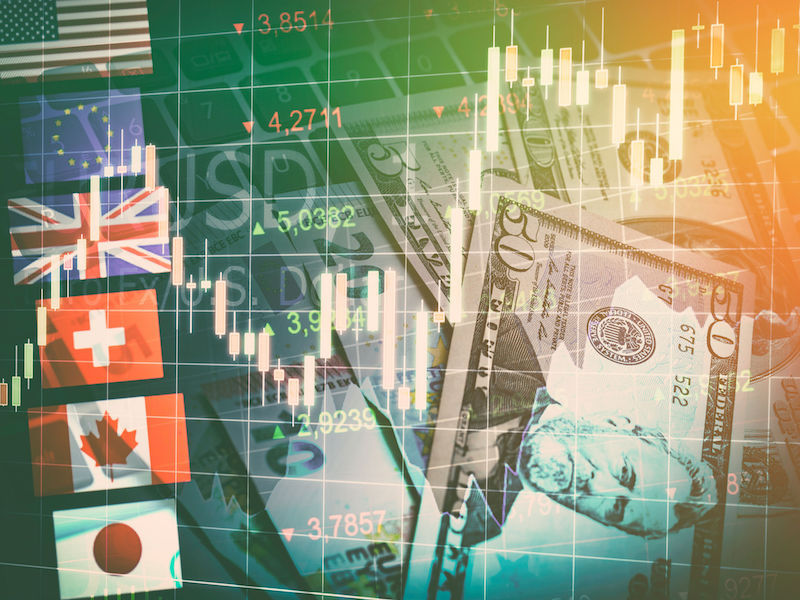

As active attempts to dismantle globalization are disrupting businesses already using tools to push growth and profitability forward, institutional investors need to remain vigilant after a decade of steady gains.
Regardless of the asset class, cash flows over the last decade have been above average and even wildly abundant in some cases, says Robert Almeida, an institutional portfolio manager at MFS Investment Management. “Companies have pulled every lever possible to drive well above historical and cycle-high margins and we’re worried about the sustainability in any levers left to pull.”
He points to share buybacks and the coinciding increase in balance sheets’ leverage as one tool companies have used to ensure growth continues in the near term.
“If we put globalization into context, and a reversal of that, not only is that a lever that can’t be pulled, but it’s a lever that’s going the other way,” says Almeida. “If we have a world where there are companies that competed not because they had a superior product but because they had a superior supply chain and that was their economic mote, how do they replicate that margin? And, as importantly, is Wall Street discounting that?”
The protectionist behaviour exhibited by many countries can swiftly imperil the profitability of multinational companies used to functioning in a global landscape, says Erik Weisman, chief economist at MFS. “You see these large makers of airplanes source their materials from all over the world and different parts are crossing borders multiple times. And it’s really predicated on a high level of globalization, a high level of relatively free trade, a low level of tariffs, a global architecture that is dependable and something like the [World Trade Organization], rules that are both written and unwritten, that are agreed upon. And it seems like we’re entering a moment, if not a long horizon, where that may no longer be the case.”
Seeking to boost growth, countries have been engaging in similar behaviour by enacting dramatically loose monetary policy. Alongside many companies’ highly leveraged balance sheets, sovereign debt profiles are also unsustainable, he adds.
As Weisman characterizes it, central banks are buying assets in larger quantities than is necessarily healthy. As well, they’re dipping into buying assets they wouldn’t normally own. The European Central Bank, for example, owns around a third of the outstanding debt of the sovereign countries it oversees. Meanwhile, Japan’s central bank has become a significant owner of equity exchange-traded funds.
The upshot is there could come a time when central banks are left without further power to act, he says, noting these entities can’t continue to buy up assets to bolster the economy.
“You can’t have negative policy rates that are minus 10 per cent and a balance sheet held by the central bank that owns all government debt and all corporate debt and all high yield debt and all ETFs and eventually starts to buy gold and real estate and land,” says Weisman. “We’re going to run out of stuff.”
Indeed, markets appear to be waking up to this instability, says Almeida. “You’re seeing companies with leveraged balance sheets underperform. You’re seeing companies of a more cyclical orientation underperform. I think the market is telling you this, which is why active managers, on balance, are doing much, much better than they have at any point during the last 10 years.”
Institutional investors’ equity portfolios, while performing decently for the moment, may notice certain pain points as markets react more aggressively to poor performance by individual businesses, he says. “Look at the companies that are underwhelming expectations; they are getting whacked and whacked hard. And I think that is symptomatic of a less tolerant investor base.
“I realize that’s hard to swallow when the S&P 500 is up 20 per cent, year-to-date. But I think it’s signalling something. And I expect we will see more misses and more disappointment over the next several quarters as some of these themes start to come to fruition.”
